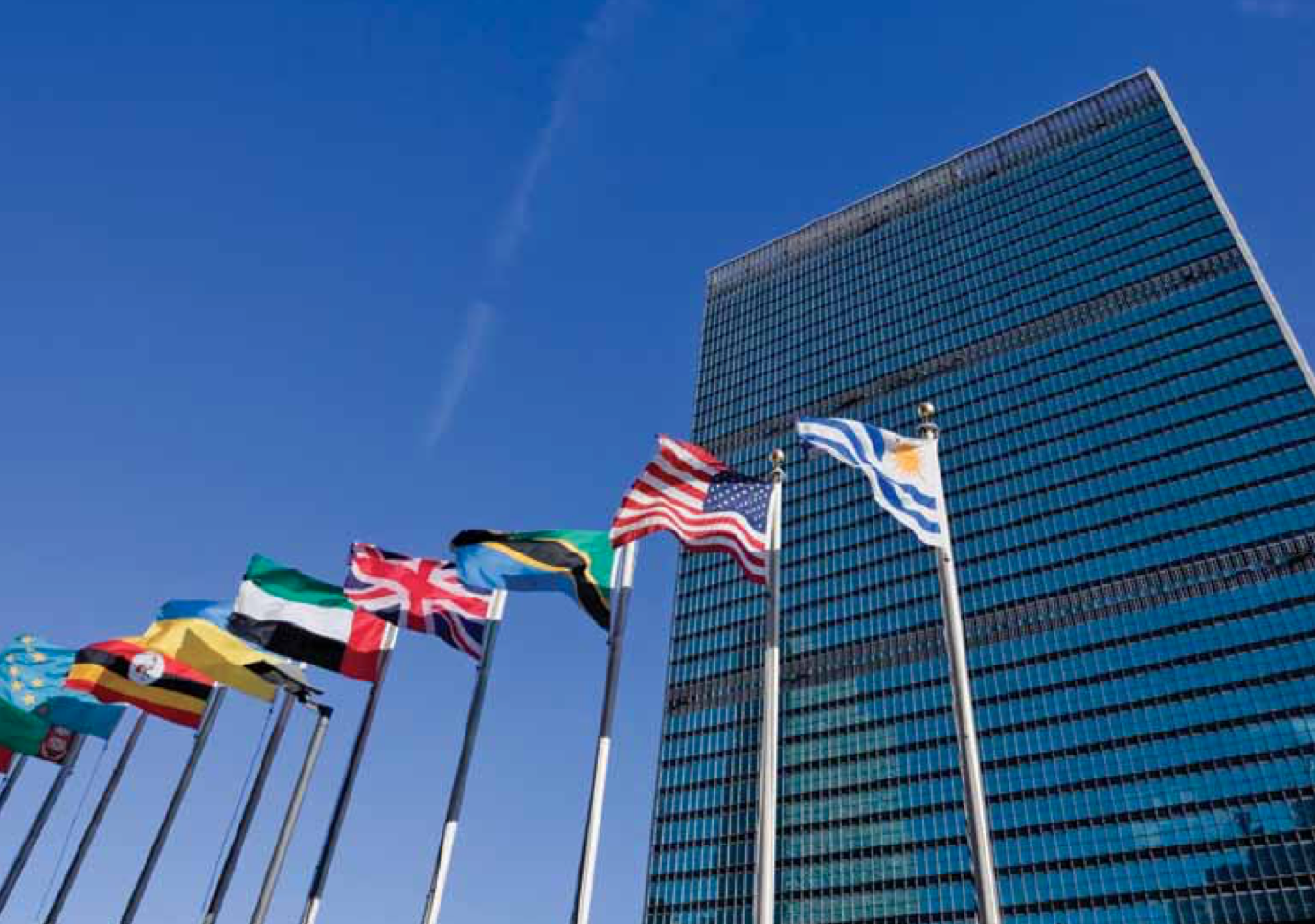(The National Interest) – The Nuclear Nonproliferation Treaty (NPT) does not currently provide the sufficient tools to counter the rising threats of nuclear proliferation. The progress of rogue states such as Iran and North Korea toward becoming established nuclear states has prompted great concern that other countries may proceed in the same manner, and develop their own nuclear programs. Reports convened by the IAEA, UN and the U.S. Nuclear Posture Review (NPR) have all expressed concern over the prospect of increased proliferation. The NPR report states: The reports from the IAEA and UN gave a similar outlook toward the possible spread of technologies allowing states to produce nuclear-weapons materials. Though the issue of nuclear proliferation is of vital importance to policy makers, the NPT won’t be able to deal with the rising risk of nonproliferation.
President Obama has noted that the NPT is “starting to fray around the edges over the last several years,” and has consequently expressed a commitment to revamp the U.S.’s nuclear strategy, though he has affirmed his faith in the Treaty. But his goodwill won’t resolve the main problem—namely, that the necessary mechanisms to verify the development of nuclear materials in other countries, let alone to enforce the provisions of the NPT, have not been implemented. Because of the bureaucratic nature of the IAEA, this issue will most likely not be successfully and adequately addressed during the May NPT Review Conference. So far, all statements from the IAEA criticizing the noncompliance of various regimes have been half-hearted and effectively inadequate, showing its shortcomings in addressing rule breakers.
The purpose of the May meeting is to assess “how well the provisions of the NPT have been implemented and for charting a course forward.” The Carnegie Endowment’s Deepti Choubey, has noted that previous preparatory conferences have failed both to provide such assessments and discuss substantive issues, instead only managing to approve the agenda. These conferences do provide the framework for progress, though obstacles to success remain. For example, during the 2008 preparatory meetings, the participating parties’ inability to reach a consensus created a deadlock, which prevented summaries from being attached to the formal report of the conference. Similar institutional defects will probably prevent the success of this year’s conference.
Read Full Article: The National Interest
Barak Seener is the CEO of Strategic Intelligentia and a former Middle East Fellow at the Royal United Services Institute (RUSI). He is on Twitter at @BarakSeener.




